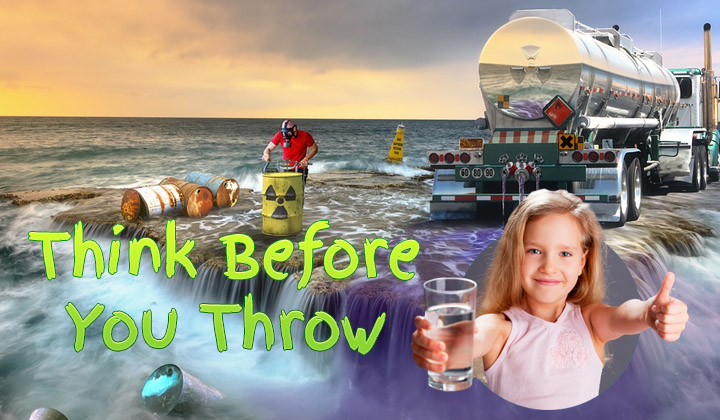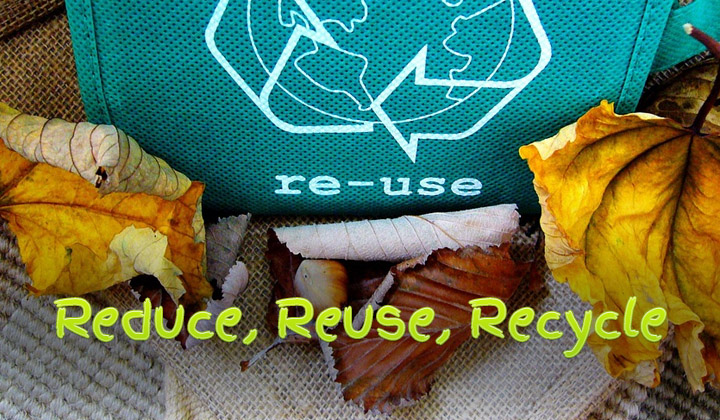Rules of Correlation
Although the aforementioned principles can be valid in their stand-alone form, they can also correlate with each other as to form a more complex set of principles that include nature as well. In fact, Stoic ethics are the ones that are the first to explore the idea that man must “live in accordance with nature”; spiritual, cosmic or both. The rules of correlation also apply in all other htmlects; this fact alone gives an insight into the overall complexity of society’s connection to its surrounding environment.

The Need for Social Ethics and Their Connection to Nature
 While humans are considered to be a sentient race, it won’t come as a surprise that most of the time they don’t choose to think about anything else besides following the “path of least resistance”. While there is nothing particularly wrong with that, it does come as at a price that in most cases nature is paying for us. Only when things get worse, do we decide to take some preventative measures; and this is only one of many factors that explain the need for the literal depiction of moral principles.
While humans are considered to be a sentient race, it won’t come as a surprise that most of the time they don’t choose to think about anything else besides following the “path of least resistance”. While there is nothing particularly wrong with that, it does come as at a price that in most cases nature is paying for us. Only when things get worse, do we decide to take some preventative measures; and this is only one of many factors that explain the need for the literal depiction of moral principles.
The Broken Window Theory Defines Social Behaviour
The behaviour of people follows by example; whatever this example might be, it will set the tone for further expected events. For example, a study was done years ago in order to test a hypothesis. A group of people left a street corner completely unattended, ridden with graffiti, and an overflowing rubbish bin. Scientists observed that when this was considered to be normal, people continue throwing their trash in that corner and pretty much “contribute” to the further degradation of the area.
 After this was observed and documented, scientists decided to completely clean up that street corner, repaint the walls, and put a fresh bin. What they discovered was nothing short of mesmerizing – random people passing by were throwing their trash into the bin, and nobody was trying to paint graffiti on the walls. When the Broken Window Theory was proven, the philosophical community started to approach social issues in a different manner.
After this was observed and documented, scientists decided to completely clean up that street corner, repaint the walls, and put a fresh bin. What they discovered was nothing short of mesmerizing – random people passing by were throwing their trash into the bin, and nobody was trying to paint graffiti on the walls. When the Broken Window Theory was proven, the philosophical community started to approach social issues in a different manner.
The Tragedy of the Commons Theory
 Popular in the discipline of Economics, this one generally states that we care for our private spaces, but we don’t care about public spaces. This only shows the self-centric nature of human beings, and the interesting thing is that it gets even worse with time. Practicing selflessness on a large scale is one of the hardest things people can do, as it requires them to do more for the sake of others; and until this becomes a reality, the Tragedy of the Commons will be in full effect.
Popular in the discipline of Economics, this one generally states that we care for our private spaces, but we don’t care about public spaces. This only shows the self-centric nature of human beings, and the interesting thing is that it gets even worse with time. Practicing selflessness on a large scale is one of the hardest things people can do, as it requires them to do more for the sake of others; and until this becomes a reality, the Tragedy of the Commons will be in full effect.
Behavioural Toll
In the popular media format TEDx, many have tackled the pollution issue as a major negative in some societies. In one event in particular, it was shown how society “tolerates filth” everywhere outside, as long as it is not inside of their homes. The reasons for this included that people don’t care, others feel like their moral obligation to their environment is already fulfilled once they’ve paid taxes and have voted, while the last group thought it was impossible to clean it all up.
Thanкs to our friends at 10cric for supporting us on our initiative








 While humans are considered to be a sentient race, it won’t come as a surprise that most of the time they don’t choose to think about anything else besides following the “path of least resistance”. While there is nothing particularly wrong with that, it does come as at a price that in most cases nature is paying for us. Only when things get worse, do we decide to take some preventative measures; and this is only one of many factors that explain the need for the literal depiction of moral principles.
While humans are considered to be a sentient race, it won’t come as a surprise that most of the time they don’t choose to think about anything else besides following the “path of least resistance”. While there is nothing particularly wrong with that, it does come as at a price that in most cases nature is paying for us. Only when things get worse, do we decide to take some preventative measures; and this is only one of many factors that explain the need for the literal depiction of moral principles.
 After this was observed and documented, scientists decided to completely clean up that street corner, repaint the walls, and put a fresh bin. What they discovered was nothing short of mesmerizing – random people passing by were throwing their trash into the bin, and nobody was trying to paint graffiti on the walls. When
After this was observed and documented, scientists decided to completely clean up that street corner, repaint the walls, and put a fresh bin. What they discovered was nothing short of mesmerizing – random people passing by were throwing their trash into the bin, and nobody was trying to paint graffiti on the walls. When  Popular in the discipline of Economics, this one generally states that we care for our private spaces, but we don’t care about public spaces. This only shows the self-centric nature of human beings, and the interesting thing is that it gets even worse with time. Practicing selflessness on a large scale is one of the hardest things people can do, as it requires them to do more for the sake of others; and until this becomes a reality, the Tragedy of the Commons will be in full effect.
Popular in the discipline of Economics, this one generally states that we care for our private spaces, but we don’t care about public spaces. This only shows the self-centric nature of human beings, and the interesting thing is that it gets even worse with time. Practicing selflessness on a large scale is one of the hardest things people can do, as it requires them to do more for the sake of others; and until this becomes a reality, the Tragedy of the Commons will be in full effect.

 For now, when someone hears “green living, renewable energy, eco-friendly solutions”, they immediately start to cringe, with thoughts about paying high prices for products, becoming vegetarians or do anything else that will put them so far away from their comfort zone that they will regret it. It is a proven fact that if someone doesn’t want to do something specific but they still do it, there will only be a short-term effect; after which it has passed, things will revert back to an even worse state.
For now, when someone hears “green living, renewable energy, eco-friendly solutions”, they immediately start to cringe, with thoughts about paying high prices for products, becoming vegetarians or do anything else that will put them so far away from their comfort zone that they will regret it. It is a proven fact that if someone doesn’t want to do something specific but they still do it, there will only be a short-term effect; after which it has passed, things will revert back to an even worse state. 




